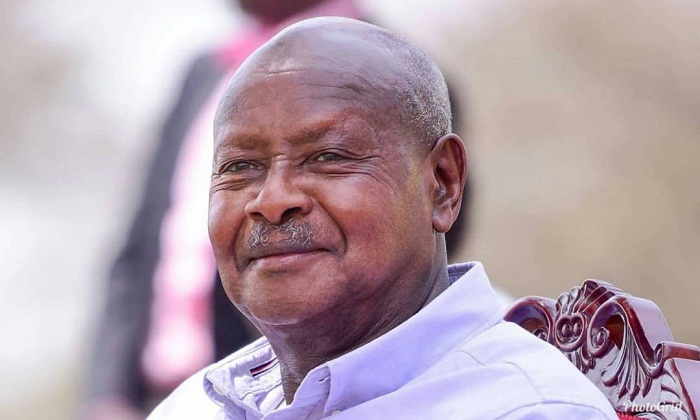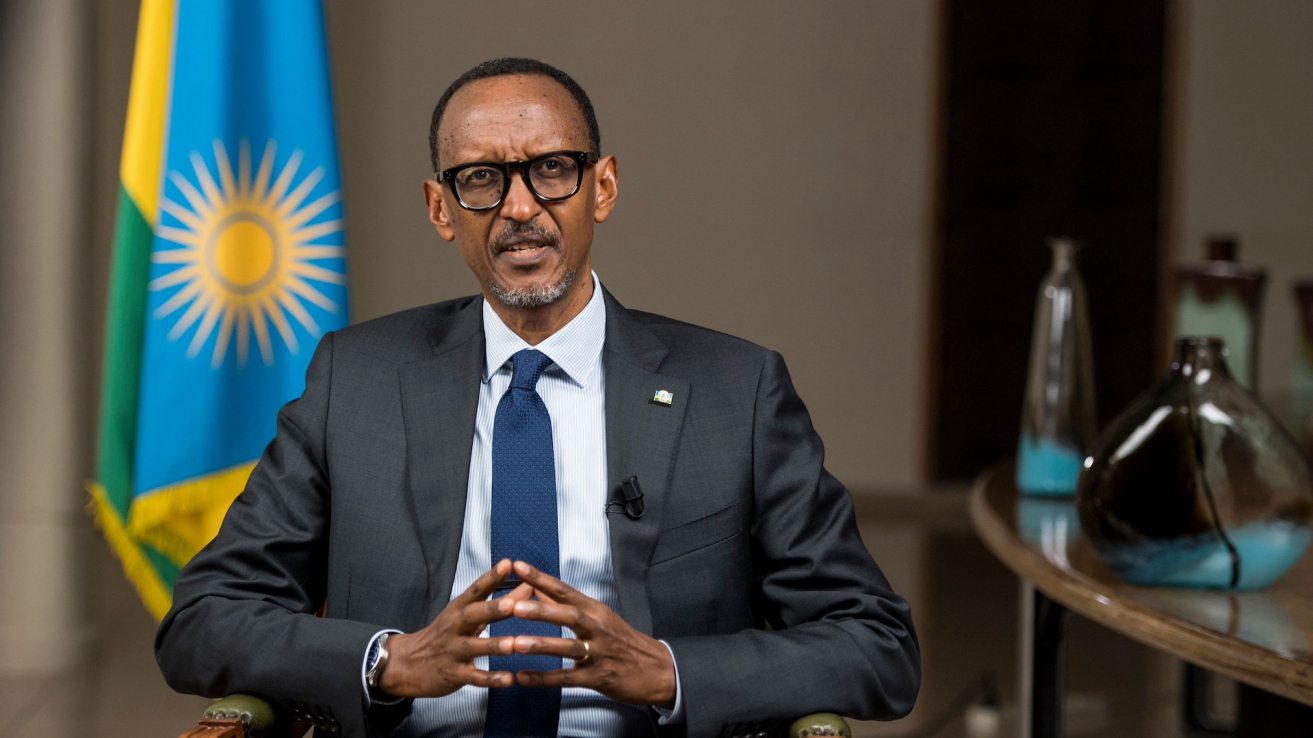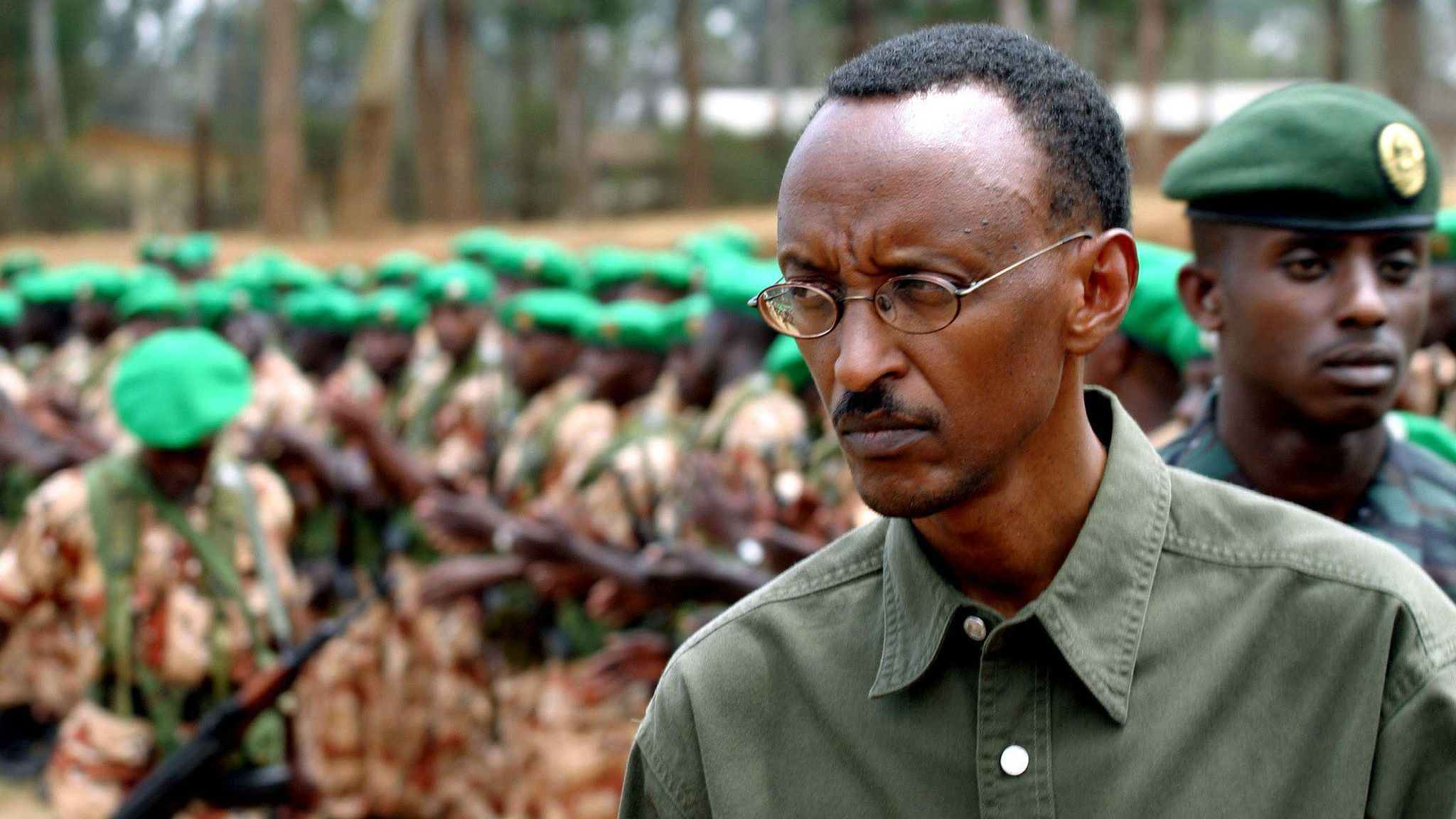
Why It’s Hard To Remove An African President From Power
If Equatorial Guinea’s president Teodoro Obiang will still be in power by August 3rd 2023, he will have broken the record of Ethiopia’s Haile Selassie who ruled for 44 years from 1930 to 1974.
June 17, 2020His likelihood to beat Haile Selassie and thus set a new record can only be thwarted by at least these possibilities: He dies in power, is ousted or voluntarily steps down. The last two possibilities are highly unlikely going by the track record of other African leaders who have been reluctant to relinquish power.
Next to Obiang is Cameroon’s Paul Biya who has been in power for 38 years. Biya, 87, succeeded President Ahmadou Ahidjo in 1982 and has never transferred power since then. In April 2008, the Cameroonian parliament passed a constitutional bill that removed a presidential two-term limit, allowing Biya to extend his then 25-year rule.
Opposition lawmakers protested the constitutional change and stormed out of the chambers before the vote. But as is common in many African parliaments, that didn’t stop the approval of the constitutional amendment by legislators of Biya’s party who were the majority.
Professor Sabiti Makara, a professor of Political Science and Public Administration at Makerere University in Uganda, says the problem with African leaders is that they wereborn by the same ‘mother’. He believes the leaders’ long stay in power is driven by personal gain and not nationalistic or patriotic reasons.
“Many of them have amassed immense wealth and feel the only way to protect it is by remaining in power,” he says. Professor Sabiti’s own president Yoweri Museveni has led Uganda since 1986. In January 2021, Museveni was reelected for a sixth term with nearly 59% of the vote. Bobi Wine, Museveni’s main challenger, obtained 35% of the vote according to the Electoral Commission.
Sabiti describes the Ugandan ballot as a ‘form of election’ which was organized to legitimize Museveni’s undemocratic rule. “When Museveni came to power, he promised everything a democratic leader would do including making a new constitution. But that constitution has been amended so many times that some people see it as a mere piece of paper,” says Sabiti.
Museveni’s prolonged regime has been made possible by the Ugandan parliament whose majority members come from the president’s National Resistance Movement party. In 2015,the Parliament removed the two-term limits and in 2017 abolished the 75-age limit thus enabling the 76-year old to extend his grip on power.
Since it gained independence in 1962, Uganda has had eight heads of state which is the highest number in all of East Africa. Of the eight, only Museveni was directly elected. “The Ugandan state has been dominated by militant politics, absence of elections or sham elections, and lack of an opportunity for the population to witness a peaceful handover of power from one president to another,” writes Sabiti in the introduction of his chapter on presidential term limits in Uganda contained in the book The Politics of Challenging Presidential Term Limits in Africa published in 2020.
Sabiti traces the involvement of the military in Uganda’s leadership to the 1960s when Milton Obote quickly moved from political mobilizations to dependence on the military. Obote led Uganda from 1966-1971 and 1980-1985 before being overthrown in a military coup by General Tito Okello.
After less than a year in office, Okello was toppled by the National Resistance Army then led by Yoweri Museveni. For the period that Museveni has been in power, Tanzania has had five presidents including President Samia Suluhu Hassan. The Tanzanian leadership has been as follows: Ali Hassan Mwinyi (1985-1995), Benjamin Mkapa (1995-2005), Jakaya Kikwete (2005-2015), John Pombe Magufuli (2015-2021), and Samia Suluhu Hassan who took over following Maguguli’s Death.
In the same time frame, Kenya has had three leaders namely Daniel arap Moi (1978-2002), Mwai Kibaki (2002-2013), and Uhuru Kenyatta (2013 – present). President Kenyatta’sterm ends in 2022.
“Kenya may appear to be doing well but it’s not an ideal state,” says Ngugi Mwenda, a Kenyan political scientist. “There is an obvious power imbalance that’s apparent for instancein the way the Executive relates with other arms of the government.”
In the recent past, President Uhuru Kenyatta has been criticized for making unconstitutional decisions and ignoring court orders. His refusal to appoint six judges as recommended by the Judicial Service Commission and the High Court’s overturning of his quest to amend the constitution through the building bridges initiative (BBI) have further strained his relationship with the Judiciary.
In other African countries, it has been relatively easy for leaders to change the constitution, albeit for political gain. For instance, President Denis Sassou Nguesso of the Republic ofCongo amended the constitution in 2015 so he could run for elections that were due the following year.
In March 2021, Nguesso was reelected for a five-year fourth term with 88.57% of the vote. His biggest challenger Guy-Brice Parfait Kolélas who died of COVID-19while on evacuation in France garnered 7.84% of the votes. Nguesso, 77, first came to power in 1979 and ruled until 1992 when he lost in the first multiparty elections held in the country. He regained power five years later following a civil war.
Other long serving African leaders include King Mswati III of eSWATINI, formerly Swaziland, who has reigned for 35 years. The continent’s last absolute monarch has been under pressure to give way to democratic reforms. Mswati, 52, became monarch at the age of 18 four years after his father King Sobhuza II died. King Sobhuza II banned political parties in 1973 and that has remained so to date.
Before his death on April 2021, the late Chad’s President Idriss Deby had ruled the country for 31 years. He assumed presidency in 1991 and during his tenure saw the abolishing of the two-term limit in 2005 which was reimposed in 2018. Eritrea’s 74-year old Isaiah Afwerki has ruled the country since its independence from Ethiopia in 1993. Eritrea has never had national elections to date but local elections are held regularly. Both Djibouti’s Ismail Omar
Guelleh and King Mohammed VI of Morocco have been in power for 21 years. In April 2021, Guelleh won a fifth term with 97.44% of the vote. Rwanda’s Paul Kagame ranks last in the top 10 list of Africa’s longest serving leaders. He assumed leadership in 2000.
A constitutional amendment done in 2015 guarantees him power until 2034. Kagame’s calling card is that he has transformed the economy and safeguarded the country’s peace and stability. Yet the freedom of expression in Rwanda, for instance, is limited.
“The problem with dictators or authoritarian leaders is they compare themselves with the worst case scenarios instead of the best case scenarios,” says Professor Sabiti. Mwenda describes the leaders as disingenuous. “The argument on economic development is simplistic and meant to justify their stay in power,” he says. In reality, these leaders are insecure and are afraid of what will happen to them once they leave office.
“Power comes with a lot of benefits and influence and they wouldn’t want to lose that,” explains Mwenda. Mwenda says it’s possible that the African leaders could be part of cartelsthat don’t want them to relinquish for fear of losing their clout and stolen wealth.
Both Professor Sabiti and Mwenda agree that the African Union has been an accomplice in enabling leaders of member countries to cling to power.
“In 2015, the late Zimbabwean leader Robert Mugabe became chair of the African Union notwithstanding the fact that he had been leading his country since 1980,” notes Mwenda. Many of the African leaders often congratulate and even attend each other’s swearing ceremonies despite most elections being judged not free and fair.
Analysts admit that the alternatives for removing the leaders from power are limited but there is hope. Pressure from the citizens and interest groups such as the IMF and World Bank is key.
There is need to educate the citizenry about its rights and hold every leader, from the lowest level to the highest, to account. Lastly, the Constitutions must be safeguarded from changes that seek only to serve selfish interests.
See Also:

Bribery, Lashes, Death And TVE...
Rehabilitation or transit centers are spread across different parts of Rwanda. As per official narra...
Articles
Why Kagame Would Not Win A Fre...
In a hypothetical scenario where free and fair elections were conducted in Rwanda, it is highly ques...
Commentary & Analysis
Denying A Genocide By Investig...
They are going to say that we deny the genocide,” the colleague at Forbidden Stories – the project o...
The Rwanda Classified Project Investigations
Kagame’s Dual Grip: Repression...
Paul Kagame's regime in Rwanda is a striking example of how modern autocrats keep a firm hold on pow...
Commentary & Analysis